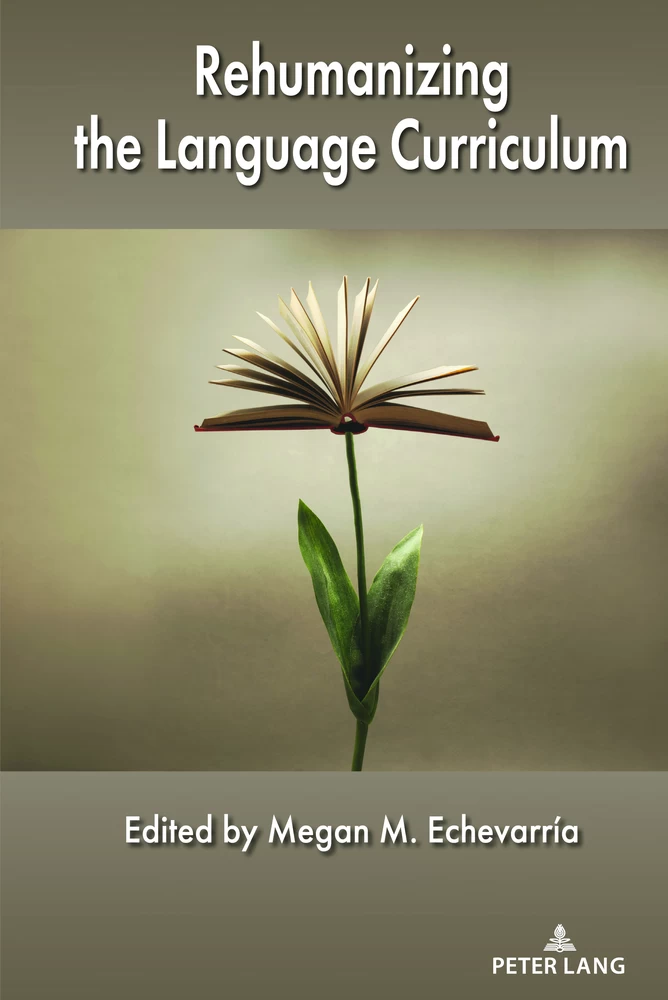Rehumanizing the Language Curriculum
Chapter: Deep Reading for In-Depth Learning
- Contributor
- Editor
- Publisher
- Year
- ISBN
- Language
- Janice Bland
- Megan M. Echevarría
- Peter Lang
- 2023
- 9781433182365
- English
Book Description
This volume brings together work by renowned scholars in the field of foreign/second/heritage languages and literatures who employ a variety of scholarly tools to examine opportunities associated with literature as a force for rehumanizing and invigorating target language (TL) education in the 21st century. Offering viable avenues for reconciling historic differences between language pedagogues and literature educators, their work demonstrates that language pedagogy and literary studies are not divergent or competing disciplines separated by firm barriers, but rather convergent, interdependent, mutually beneficial, and genuinely complementary areas of inquiry.
Each chapter foregrounds the multilayered value of target language literary education, aligning it with competencies that reside at the core of broader contemporary educational and societal priorities and aspirations. The contributors connect literature education to a wide array of goals, including not only literacy, communicative competencies, critical reading, and critical thinking, but also social engagement, global citizenship, intercultural sensitivity, and symbolic competence. Without minimizing the significant challenges facing language educators today, Rehumanizing the Language Curriculum argues in various ways for rehumanizing language education as the most effective means for overcoming pressing challenges, for addressing urgent priorities, and for approaching our full potential within the diversity of this vibrant community of scholarship and practice.
Chapter Description
My considerations in this chapter draw on my involvement in pre-service and in-service teacher education in a variety of contexts where the language of schooling is Norwegian or German. In these north European settings, young adults learning English have relatively wide access to the language through out-of-school interests and social media landscapes. Specifically, school students usually have extensive opportunities for listening to English, and widespread opportunities for reading English in their web-based affinity spaces, through the use of video games and streaming services as well as platforms such as TikTok, Facebook, or YouTube. However, while a well-developed video game is said to be “entirely consistent with recent research in the learning sciences [… and] gives players interesting and challenging problems to solve, varied opportunities to learn, and instruction and mentoring as needed” (Gee, 2018, p. 10), language learners are less likely to have opportunities for the productive skills of speaking and long stretches of writing through gaming and affinity spaces. This suggests that English language teaching (ELT) in the classroom should emphasize dynamic dialogic interactions: students taking part in dialogue chains both orally and in writing, embracing different perspectives and different contexts. This chapter questions how deep reading of literary texts might support this endeavour, and lead to in-depth learning.


